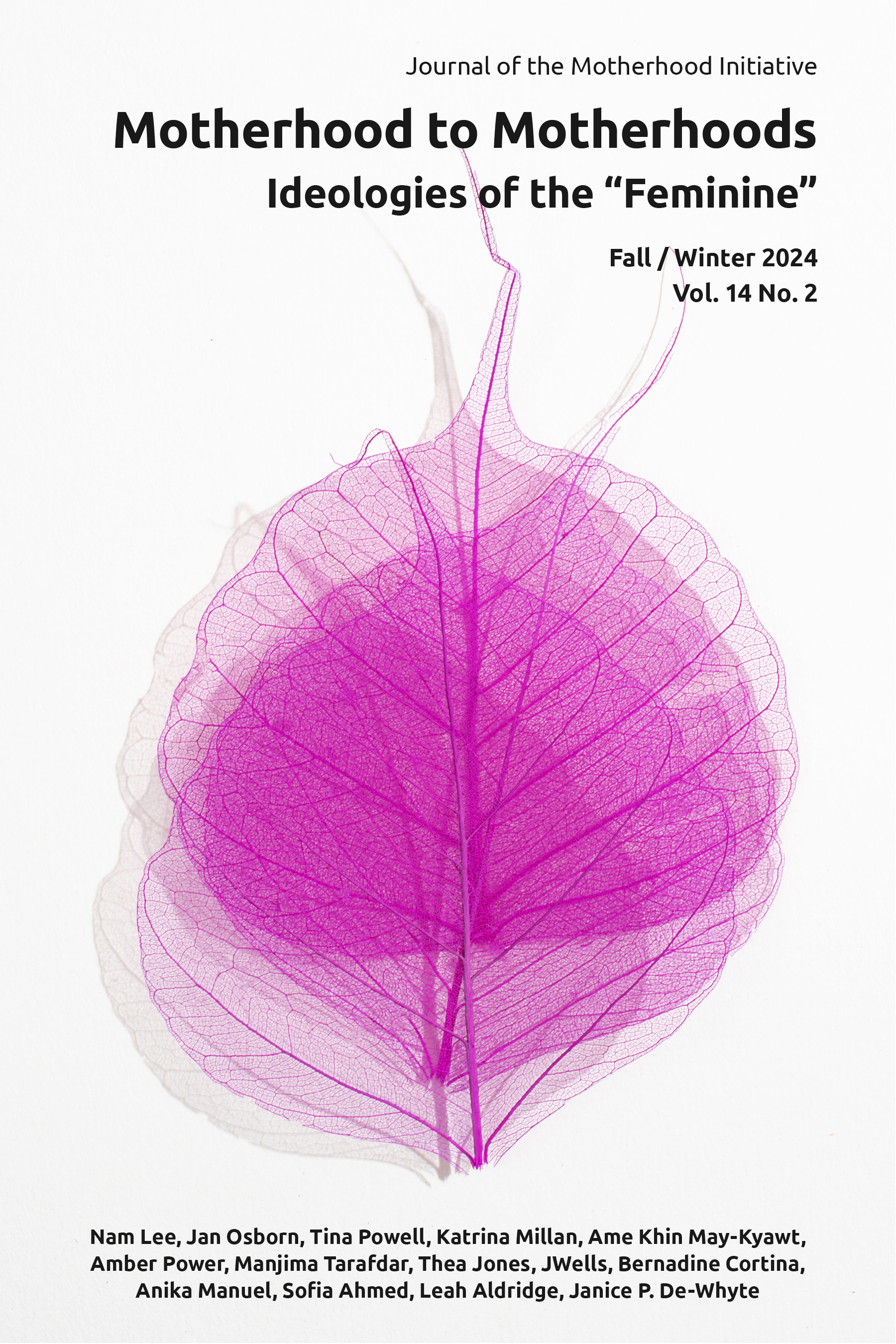Mamie Till-Mobley
Paradox and Poetics of Racialized Public Motherhood in Chinonye Chukwu’s Till (2022)
Abstract
Through an analysis of Chinonye Chukwu’s 2022 film Till, this article explores how Mamie Till-Mobley’s motherhood is cinematically represented. Focusing on director Chinonye Chukwu’s matrifocal lens, it analyzes racialized public motherhood and its painful containment of mothers within the institution of motherhood alongside radical and life-affirming possibilities for mothering in the wake of Black maternal necropolitics. This article looks at how racialized public motherhood allows mothers to continue the work of mothering and affirming their children’s humanity and the value of their lives even when all that remains of them is their dead bodies. It explores the multiple, often difficult strategies Mamie Till-Mobley employed in the fight to lovingly shape the meaning of her son’s life and death that have profoundly changed the course of American history. In this way, I connect this historical example of racialized public motherhood in Mamie’s practice to its contemporary, local, and intersectional implications. This article highlights the long line of Black maternal activists that have followed Mamie, as Black children are still dying from police violence and other forms of anti-Blackness, and closes with reflections on the cost to Black mothers and the tensions around Black women’s subjectivity. It aims to show how continued racial violence in the United States necessarily connects the struggle of mothers across temporalities.

Downloads
Published
How to Cite
Issue
Section
License
All intellectual property in relation to material included on this site belongs to the Motherhood Initiative for Research and Community Involvement (MIRCI). All material on this site is protected by Canadian and international copyright and other intellectual property laws. Users may not do anything which interferes with or breaches those laws or the intellectual property rights in the material. All materials on the Motherhood Initiative for Research and Community Involvement (MIRCI) are copyrighted and all rights are reserved. Any reproduction, modification, publication, transmission, transfer, sale, distribution, display or exploitation of the information, in any form or by any means, or its storage in a retrieval system, whether in whole or in part, without the express written permission of the Motherhood Initiative for Research and Community Involvement (MIRCI) is prohibited. Please contact us for permission to reproduce any of our materials. This site may include third party content which is subject to that third party's terms and conditions of use.

